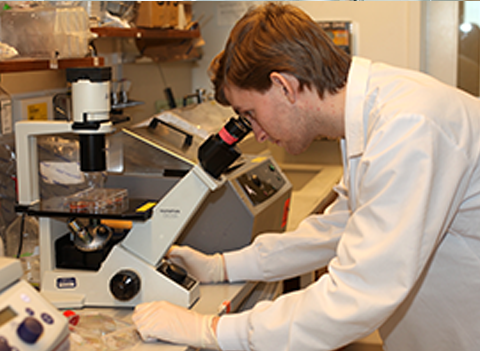The Beltran lab is focused on understanding mechanisms of treatment resistance in advanced prostate cancer through integration of clinical and molecular features of patients combined with preclinical modeling. We have focused on understanding mechanisms underlying an emerging subclass of androgen-indifferent prostate cancers that develop neuroendocrine features as an adaptive response mechanism upon selective therapeutic pressure of the androgen receptor (AR). We have used genomics and epigenomics to elucidate the molecular mechanisms driving evolution towards an AR-low state. We are developing tissue and circulating biomarkers and novel therapeutic strategies for clinical translation. Our mission is to make discoveries that improve the way we manage and treat patients with advanced prostate cancer.
In addition, as part of the Englander Institute for Precision Medicine and in collaboration with a multidisciplinary team of scientists and clinicians, we are developing genomic and other platforms for biomarker development and clinical application across tumor types.





